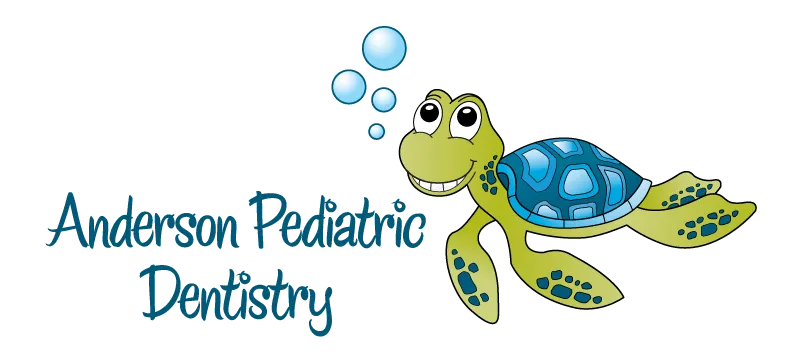Brushing for Better Grades
posted: Feb. 19, 2018.
How does your child’s dental health affect their education? Can their dental hygiene have an impact on their grades? Their happiness? Absolutely.
We all know that how we feel can impact our day. It’s hard to have a great day when you are in pain. The same is true for children with poor oral health. Imagine sitting through a day of school, trying to learn and perform your best, while suffering through a toothache or infection. It would be nearly impossible.
Children with poor oral health tend to miss more school for dental pain caused by infections, have a harder time focusing, display more behavior problems, and even suffer psychological problems such as anxiety and depression. The pain is not only physical. Children with poor oral health may be impaired socially as they become embarrassed of their teeth, smile less, and engage with their peers less. The impacts of poor oral health in children can be far-reaching, impacting their lives all the way into adulthood.
This is important because childhood caries (cavities) is the most prevalent chronic disease in children and adolescents. It affects more kids than asthma! The good news is that there are easy ways to help your child achieve better oral health and better overall health.
At Anderson Pediatric Dentistry, we believe that every child deserves a smile they can be proud of. Following the American Association of Pediatric Dentistry’s guidelines for oral healthcare is the simplest way to achieve this.
- Monitor Kids Brushing: Parents and caregivers should help or watch over their kids’ tooth brushing abilities until they’re at least 8-years-old.
- The Right Toothbrush: Kids should use a soft toothbrush that allows them to reach all areas of their mouth. Replace toothbrushes every three-four months and even sooner if the bristles are worn out, or if your children have been sick.
- Brush Twice a Day: Plaque is a sticky film of germs that forms on teeth and gums after eating. Plaque that’s not removed daily can lead to cavities.
- Visit a Dentist: It’s important to visit your dentist regularly, starting within six months of the first tooth erupting, and at lease by age one. Pediatric dentists can detect small problems before they become bigger and more painful problems.
- Floss Your Teeth: Kids should clean between their teeth once a day, every day, with floss or flossers to remove plaque and food where a toothbrush can’t reach. Teeth should be flossed as soon as two of their teeth touch each other.
- Use Fluoride: Fluoride is nature’s cavity fighter and occurs naturally in water and some foods. To help protect teeth from cavities, fluoride is added to dental products like toothpaste. Children two years of age or older should always use a fluoride toothpaste.
- Baby Tooth Decay Happens: As soon as teeth appear in your baby’s mouth, it’s possible for your baby to develop cavities. It is important to keep your baby’s gums and teeth clean to prevent tooth decay, even in baby teeth.
- Prevent Kids’ Tooth Decay: You can prevent tooth decay for your kids by lowering the risk of your baby getting the bacteria that cause tooth decay. Make sure you take good care of your baby’s teeth – this reduces the number of bacteria in your baby’s mouth.
- Nutrition: A balanced diet helps your children’s teeth and gums to be healthy. A diet high in natural or added sugars may place your child at extra risk for tooth decay.
- A sugary or starchy food with sugar is safer for teeth if it is eaten with a meal, not as a snack. Chewing during a meal helps produce saliva which helps wash away sugar and starch.
- Sticky food’s, like potato chips, raisins and other dried fruit and candy are not easily washed away from your kid’s teeth by saliva, water or milk, so they have more cavity-causing potential.
- Talk to your dentist about serving foods that protect your kid’s dental health.
http://ajph.aphapublications.org/doi/abs/10.2105/AJPH.2010.200915
